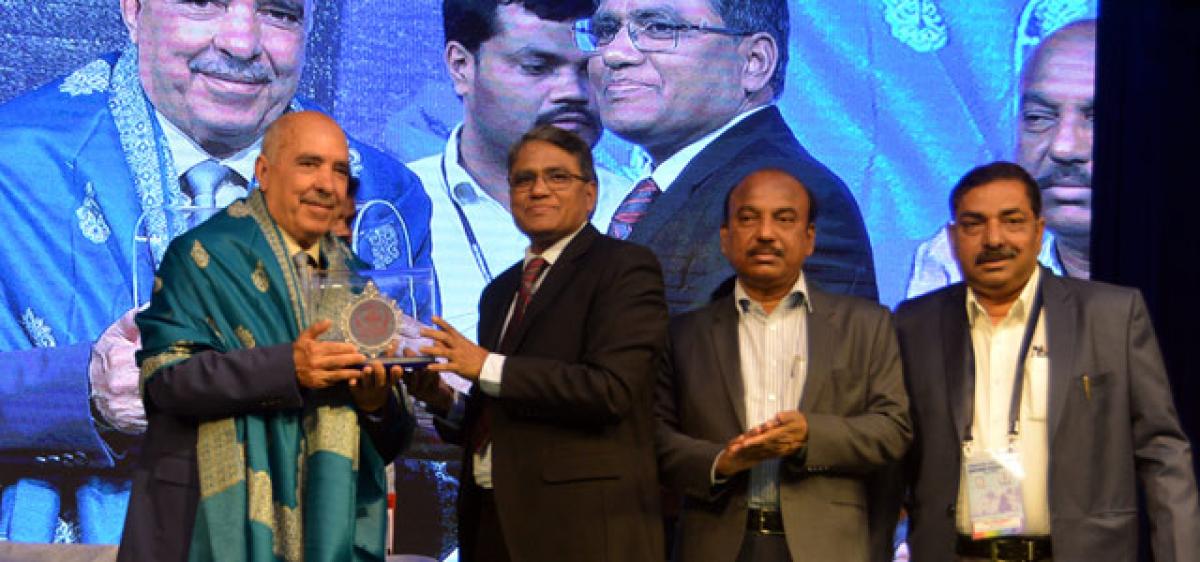Live
- Jyothika slams negative campaign on ‘Kanguva’
- It’s official: Naga Chaitanya and Sobhita Dhulipala to tie the knot in December
- ‘Kantara: Chapter 1’ locks release date for Oct 2025
- Telangana to Implement New EV Policy from Tomorrow, Aims for Cleaner Environment
- I was surprised with ‘Zebra’ script: Dolly Dhananjaya
- Aadi Saikumar’s ‘SI Yugandhar’ launches with grand pooja ceremony
- US confirms first case of clade I mpox in California
- Sandeep Reddy Vanga responds to 'female Arjun Reddy' question, teases woman-centric film
- Andhra Pradesh Government Simplifies Paddy Procurement with WhatsApp Services
- BJP to Hold Workshop, Plans Statewide Yatras and Rallies









